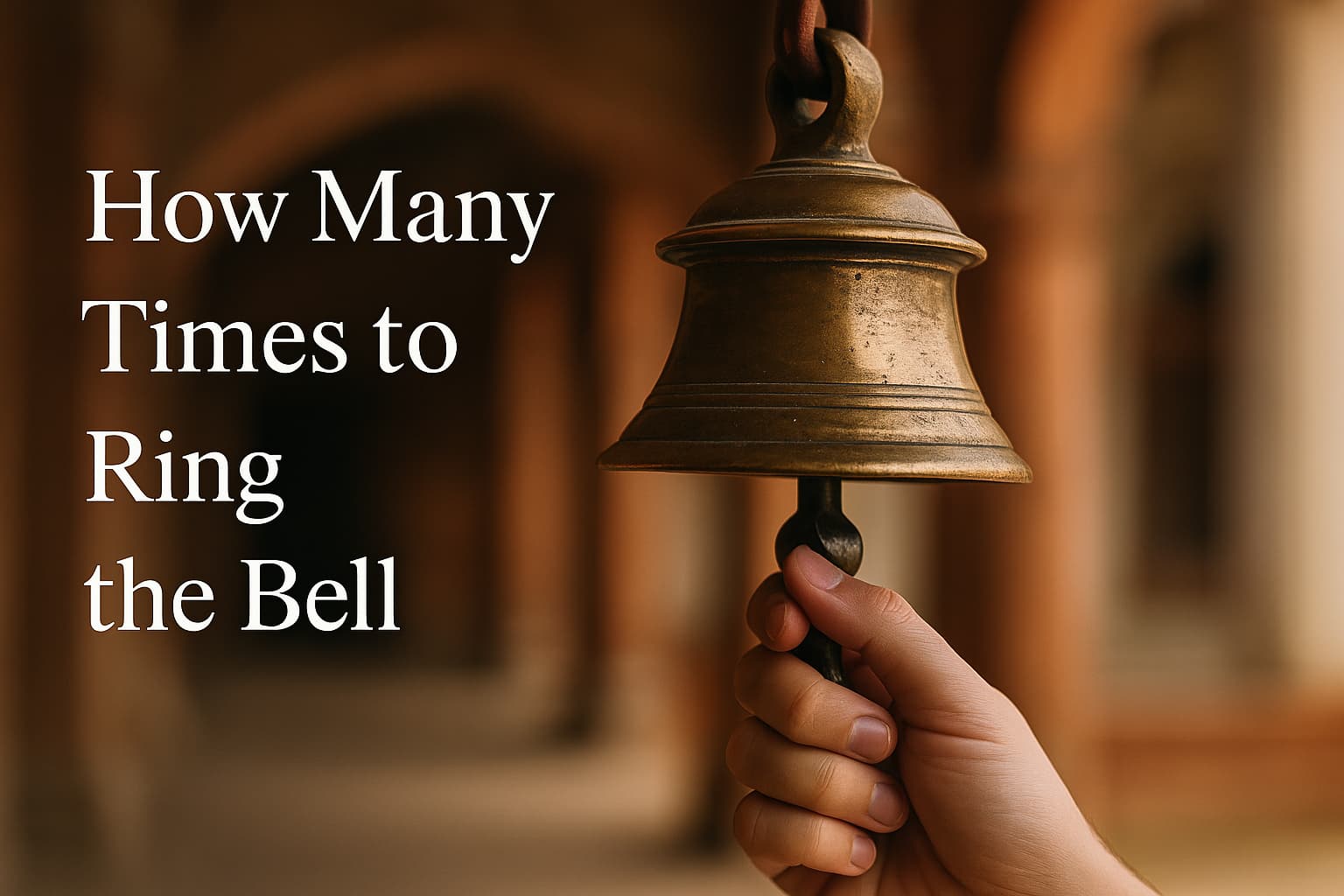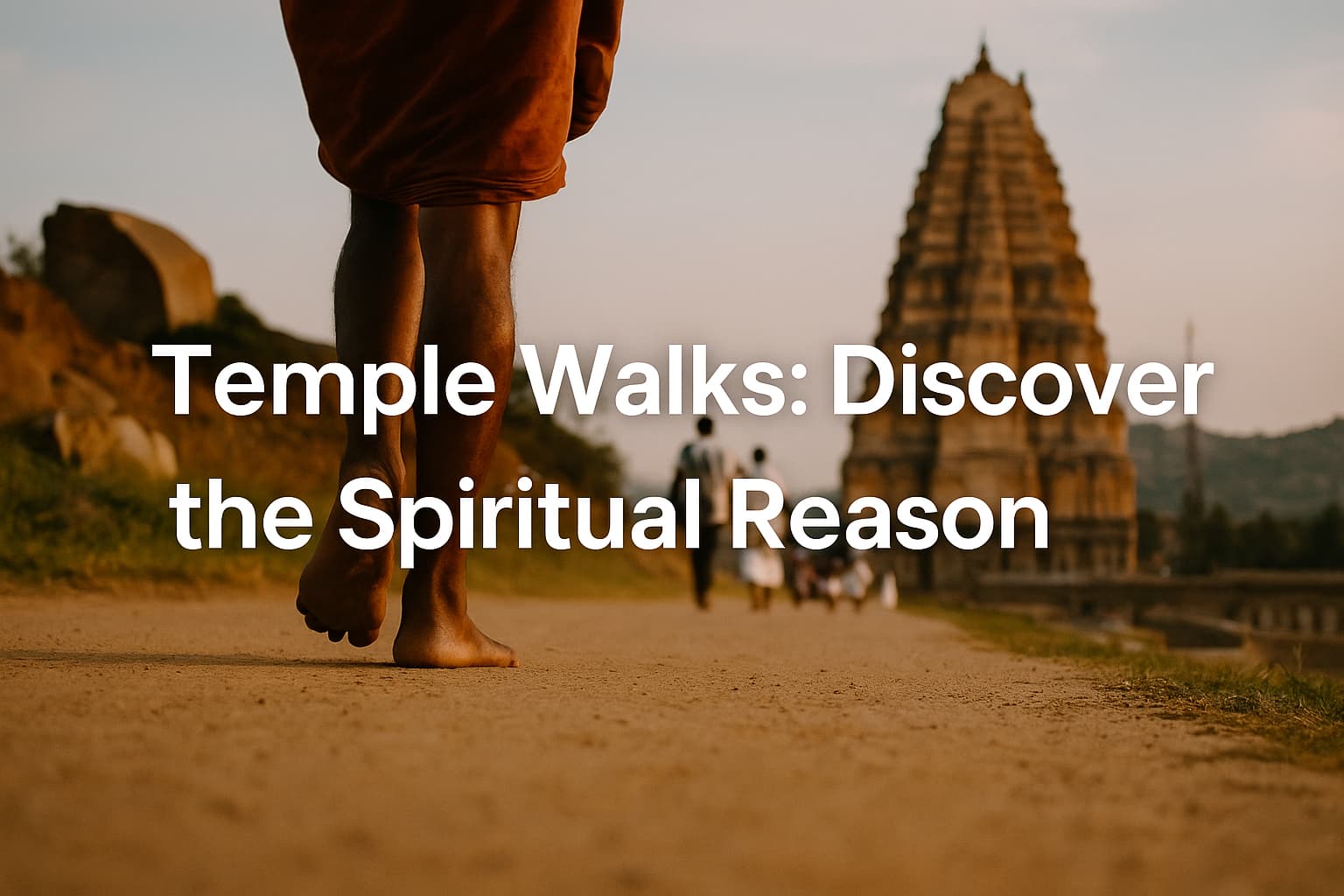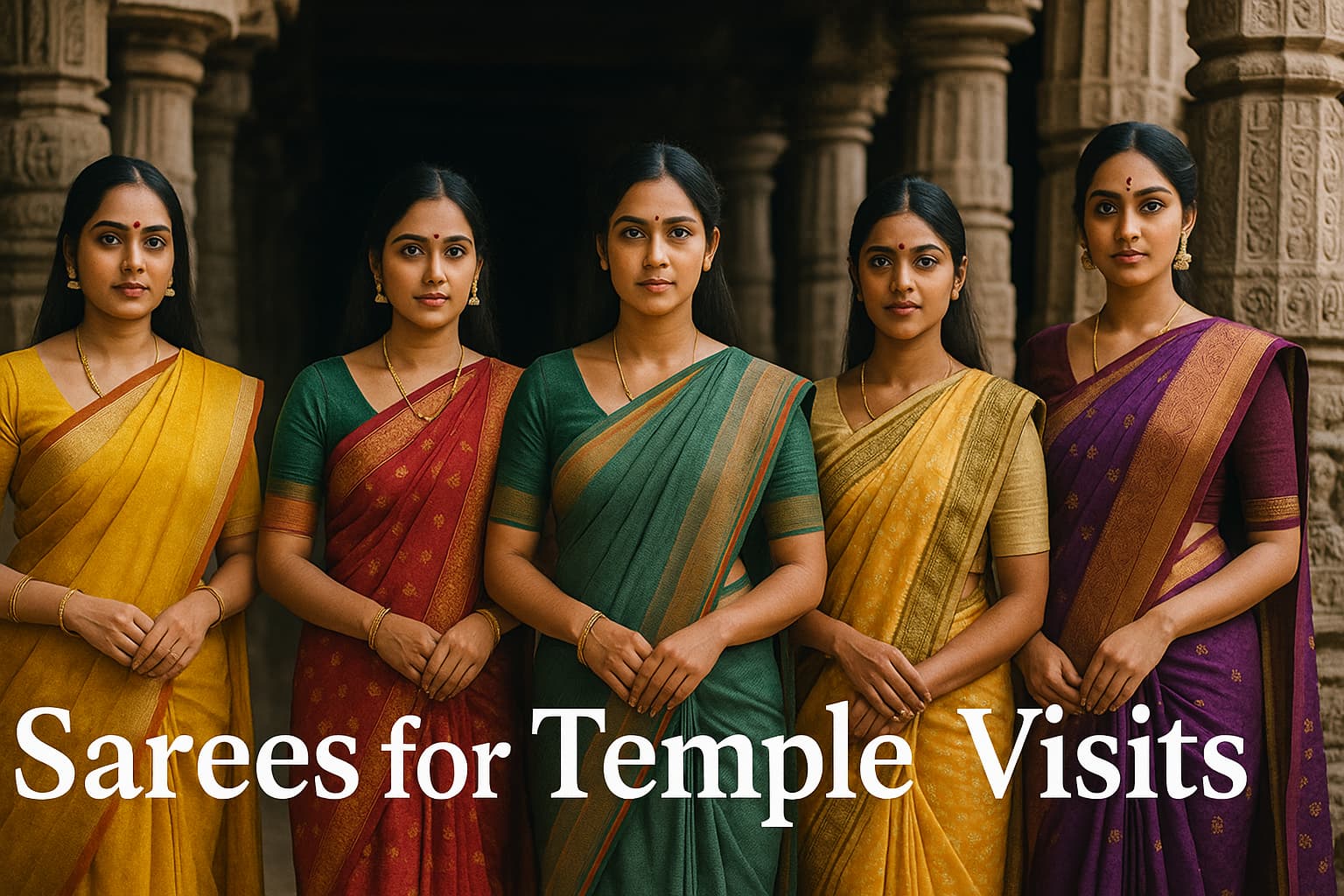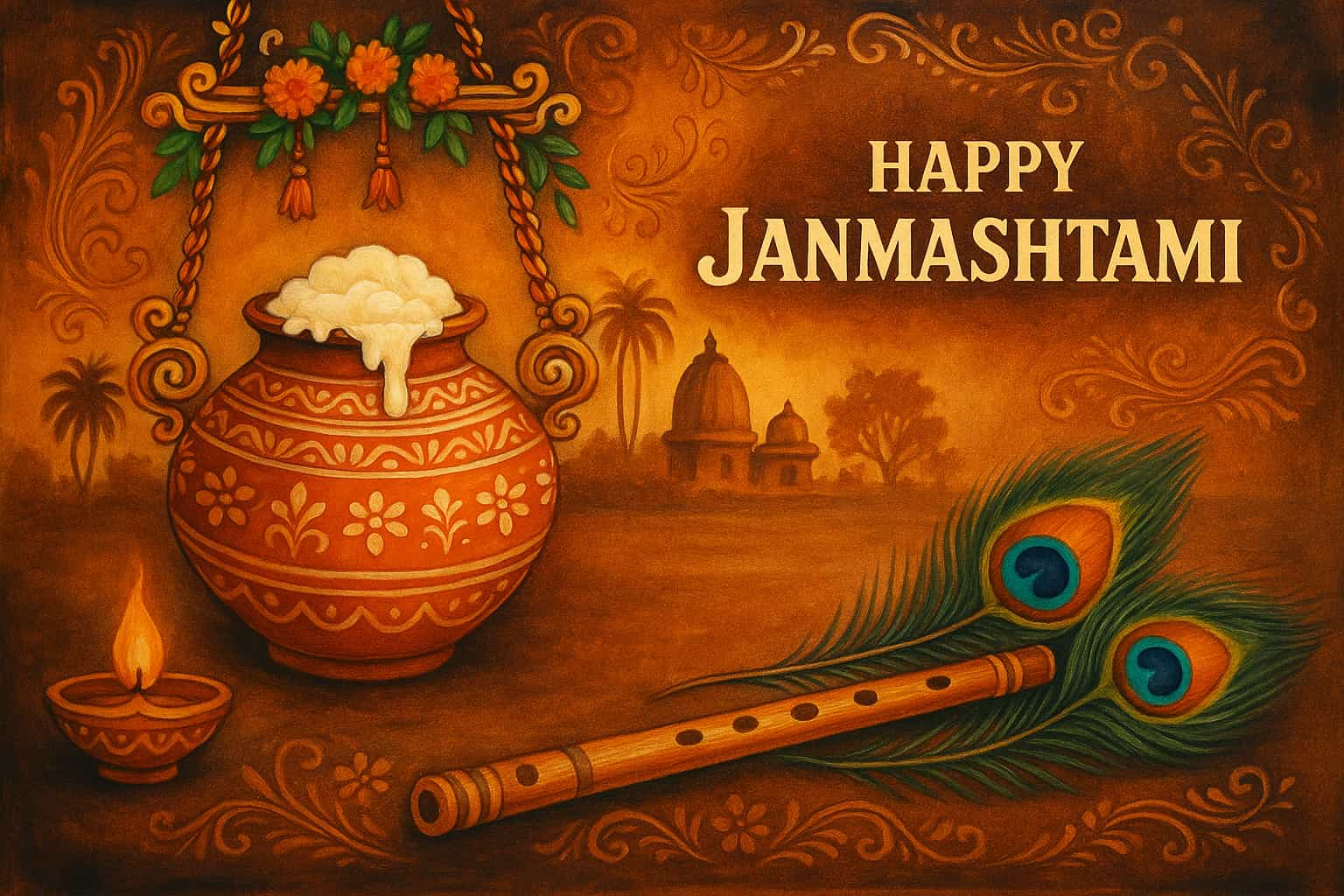🪔 Temple Rituals & Sacred Practices
Rituals are the heartbeat of temple life. They’re more than tradition—they’re the sacred rhythm through which devotees express devotion, seek blessings, and feel connected to the divine presence. Every bell that rings, lamp that’s lit, or offering made carries deep meaning rooted in centuries of spiritual practice.
📿 Understanding the Rhythms of Temple Rituals
🧼 For Purification
Rituals like Abhishekam (sacred bathing of the deity) symbolize spiritual cleansing—of both the idol and the devotee’s mind, preparing the space for divine presence.
🔔 For Invocation
Bells, conch sounds, and Vedic chants are not just sounds—they are powerful invocations used to invite and welcome the divine into the sanctum.
🌸 For Offering & Gratitude
Devotees offer flowers, food (Prasadam), lamps, and prayers to express gratitude and devotion. Every offering is a gesture of surrender and connection to the divine.

⭐ Shravana Nakshatra Female Traits
Explore the emotional traits, spiritual beliefs, and traditional remedies for women born under Shravana Nakshatra.
Read: Shravana Nakshatra Traits
🔔 How Many Times Should a Temple Bell Be Rung?
Discover the spiritual science behind ringing the temple bell and why odd numbers are considered sacred in Hindu rituals.
Read: Temple Bell Ritual Meaning
🚶♂️ Why We Walk to the Temple: Spiritual Meaning
Learn the traditional reasons behind walking barefoot to temples and how it connects body, mind, and soul in sacred harmony.
Read: Spiritual Reason for Temple Walk
👗 Saree for Temple Visits: Grace in Every Fold
Understand the cultural importance of wearing a saree to temple, and how tradition, modesty, and devotion come together in every drape.
Read: Temple Saree Ritual
🎉 Krishna Janmashtami 2025: Temple Celebrations in Karnataka
Explore how Karnataka’s temples celebrate Krishna Janmashtami with midnight āratī, bhajans, abhisheka, and vibrant cultural traditions.
Read: Krishna Janmashtami Rituals🪔 Comprehensive Rituals & Festivals Table
| Ritual / Festival | Purpose | Associated Deity | Key Temple (Karnataka) |
|---|---|---|---|
| Kalyana Seva | Symbolic marriage of the deity; for marital harmony | Vishnu | Melukote Cheluvanarayana Swamy |
| Rathotsava (Jatre) | Taking the deity on a chariot; symbolic procession | All Major Deities | Banashankari, Kukke Subramanya |
| Kumbhabhishekam | Consecration of a new or renovated temple | All Major Deities | (Specific temple examples) |
| Deepotsava | Festival of lamps; victory of light over darkness | All Major Deities | Udupi Sri Krishna Matha |
| Abhishekam / Pooja | Daily worship rituals; purification and reverence | All Deities | All Temples |
📖 This table offers a sacred glimpse into the daily and seasonal rhythm of temple life in Karnataka.
🛕 More Rituals & Festivals to Explore
Kumbhabhishekam
The sacred temple consecration ceremony that energizes the divine space.
Rathotsava: The Chariot Festival
When deities take a symbolic journey to bless the people in grand processions.
Deepotsava: The Festival of Lamps
A divine celebration of light over darkness in Karnataka’s temples.
✨ Stay tuned! These festival and ritual stories will soon be added with full explanations and temple references.
🕰️ Typical Daily Ritual Timetable in South Indian Temples
| Time | Ritual | Purpose |
|---|---|---|
| 5:30 AM | Suprabhata Seva | Waking the deity with chants |
| 6:00 AM | Abhishekam | Purification and offering |
| 7:30 AM | Alankara & Archana | Decoration and personal offerings |
| 12:00 PM | Maha Mangalarathi | Final prayer and blessing of the day |
🙏 Frequently Asked Questions About Temple Rituals
🕉️ Why are rituals so important in Hindu temples?
Rituals are not just traditions — they are symbolic actions that connect the devotee with the divine. Each step, chant, and offering has deep spiritual meaning and often reflects ancient scriptures like the Vedas and Agamas.
📿 Can anyone participate in temple rituals?
Most public rituals such as Abhishekam, Deepotsava, or Archana are open to all devotees. Some special rituals like Kalyana Seva or Vahana Seva may require prior registration or sponsorship.
🪔 What is the best time to attend a temple ritual?
Mornings during Brahma Muhurta (roughly 4:30–6:00 AM) and evenings during the Sandhya Kala (around sunset) are considered ideal for attending rituals. These times are spiritually charged and help deepen the experience.
🌸 What items can I offer during temple rituals?
Devotees commonly offer flowers, coconuts, camphor, incense sticks, fruits, and oil. Each temple may have its own customs, so it’s respectful to check before offering items at the altar.
